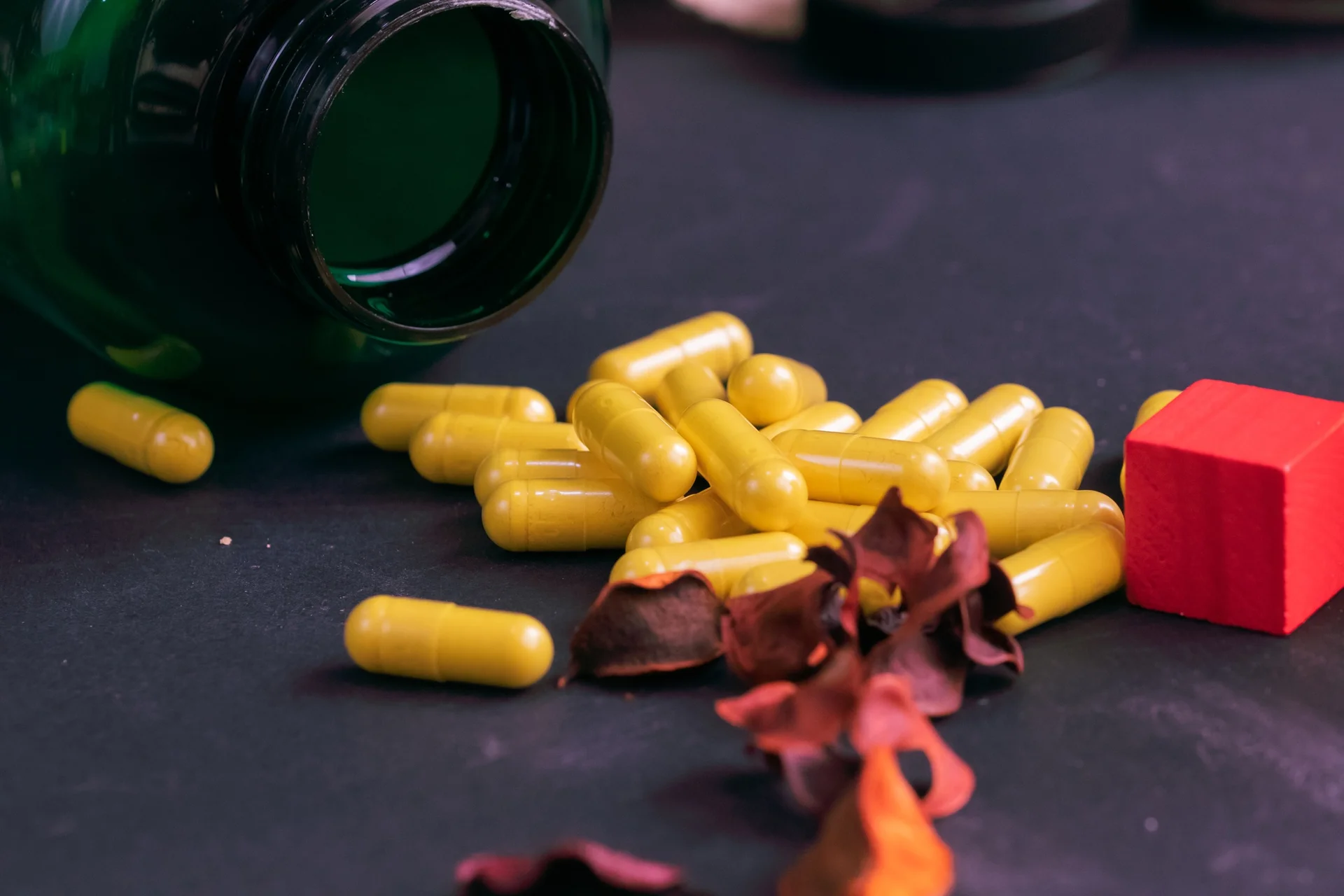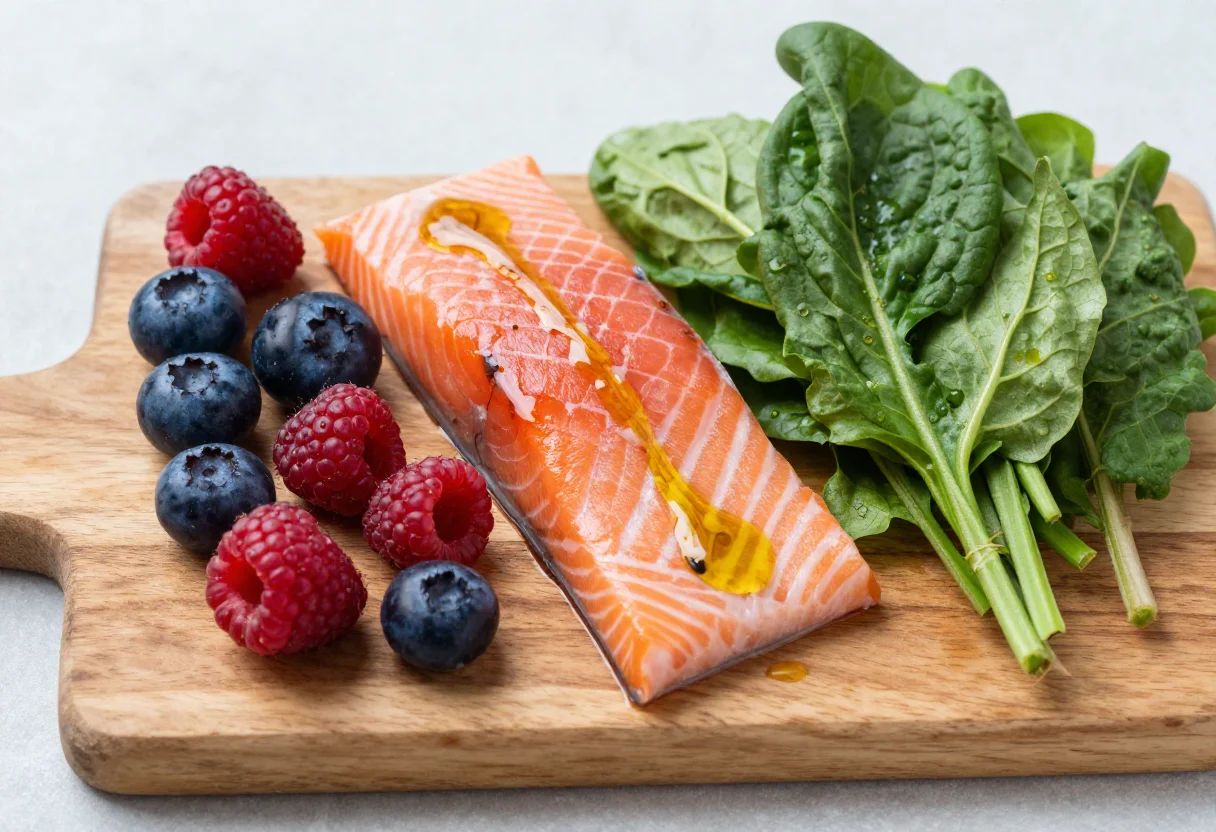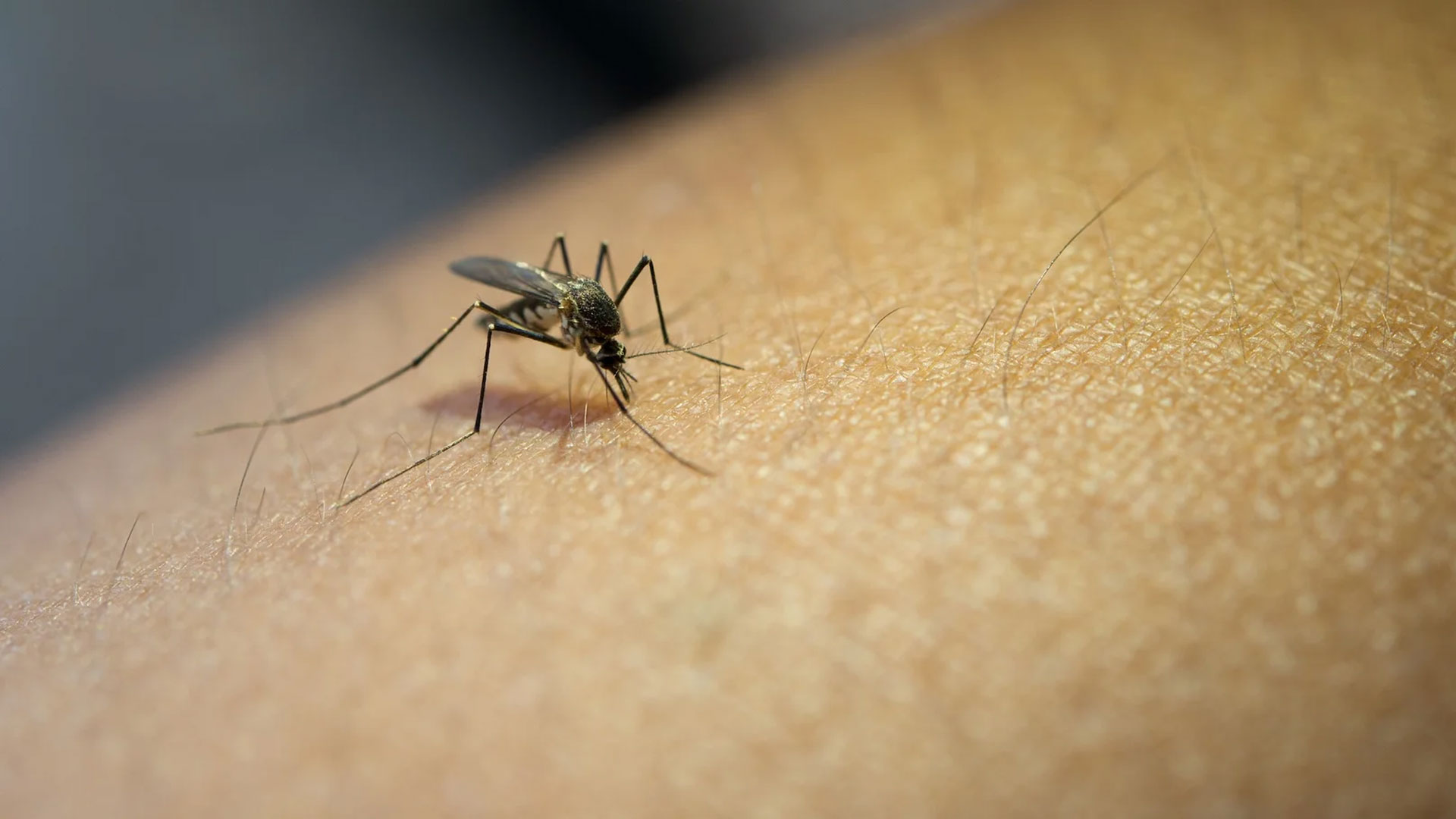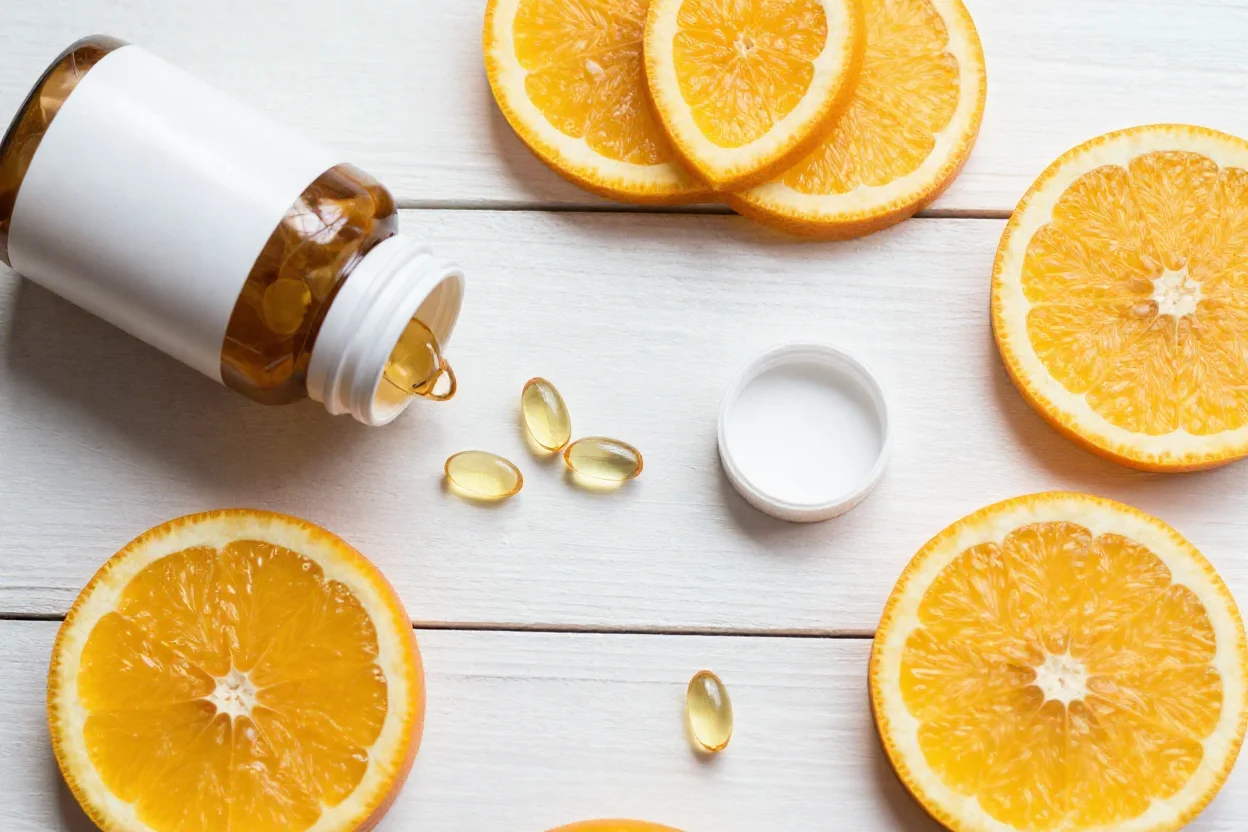
Onions (Allium cepa), both white and red, are among the richest sources of quercetin. Other foods such as citrus fruits, apples, parsley, sage, grapes, dark cherries, and berries like blueberries, blackberries, and bilberries also contain notable amounts of quercetin. Tea, especially varieties from the Camellia sinensis plant, is another significant source of this beneficial compound. Herbal teas, like chamomile and elderberry, also provide quercetin, though in smaller amounts.
Quercetin is also present in medicinal plants like Ginkgo biloba, St. John’s Wort (Hypericum perforatum), and black elderberry (Sambucus canadensis). Additionally, olive oil, red wine, and honey are important dietary sources of quercetin, and it can also be taken as a supplement.
- Cardio-protection
Animal studies and clinical data suggest that quercetin has a strong cardio-protective effect. This compound helps lower high blood pressure through its anti-inflammatory and antioxidant properties. Additionally, quercetin may aid in restoring the strength of heart muscle that can be weakened by cardiac conditions such as heart failure, diabetic cardiomyopathy, and ischemic heart disease.
- Anti-inflammation
Quercetin is known for its long-lasting anti-inflammatory effects. It works on different types of cells in both animals and humans. It helps stabilize mast cells and protect the digestive system. Quercetin also helps control inflammation and immune responses in a balanced way. Additionally, it can suppress the activity of dendritic cells, which are important for the immune system.
- Anti-cancer
Owing to its extensive antioxidant activity, quercetin is capable of directly attacking human cancer cells, initiating their death, and consequently inhibiting the progression of cancerous tissue. Despite its detrimental effect on cancerous cells, this compound shows minimal toxicity to normal human cells, even at high doses.
- Antiviral activity
Evidence suggests that quercetin may be beneficial for the treatment of viral infections, as quercetin-type flavonols exhibit direct antiviral activity and indirect anti-inflammatory effects. These compounds can significantly reduce the mortality rate during viral upper respiratory infections. Interestingly, quercetin was one of the natural compounds studied for its potential against coronavirus infection, as it has been shown to inhibit viral replication.
- Allergy
Since allergies to certain plants or their pollen are quite common, it is crucial to first test for any allergic reaction to this compound.
- Drug interactions
Generally, quercetin interacts with several medications that are metabolized in the liver, transported by P-glycoprotein pumps, or excreted through the kidneys. Therefore, if you are taking other medications, it is important to consult with your physician before starting this supplement. Specifically, this compound should not be taken alongside quinolone antibiotics, warfarin, or anti-hypertensive and anti-diabetic medications.
- Pregnancy and breastfeeding
There are not enough studies to support the safety of quercetin supplement use during pregnancy and breastfeeding.
- Kidney diseases
Quercetin is primarily excreted through kidneys.
- Although multiple academic studies suggest the beneficial effects of quercetin on human health, clinical outcomes do not support this conclusion, as its very poor oral bioavailability due to low absorption interferes with its activity in the human body.
- Quercetin taken orally before exercise does not reduce fatigue or enhance athletic performance.
- Quercetin is generally considered safe for most people when used short-term at the recommended doses. However, the safety of long-term use or higher doses is not well established.
Ay M, et al., Chapter 43 - Quercetin, in Nutraceuticals (Second Edition), Gupta RC, Lall R, and Srivastava A, Editors. 2021, Academic Press. p. 749-755. https://www.sciencedirect.com/science/article/abs/pii/B9780128210383000434
Baqer SH, Al-Shawi SG, and Al-Younis ZK, Quercetin, the Potential Powerful Flavonoid for Human and Food: A Review. (2024).
https://www.imrpress.com/FBE/articles/10.31083/j.fbe1603030
Brito JCM, et al., Effectiveness of supplementation with quercetin-type flavonols for treatment of viral lower respiratory tract infections: Systematic review and meta-analysis of preclinical studies. (2021).
https://onlinelibrary.wiley.com/doi/abs/10.1002/ptr.7122
Derosa G, et al., A role for quercetin in coronavirus disease 2019 (COVID-19). (2021).
https://onlinelibrary.wiley.com/doi/abs/10.1002/ptr.6887
Ferenczyova K, Kalocayova B, and Bartekova M, Potential Implications of Quercetin and its Derivatives in Cardioprotection. (2020).
https://www.mdpi.com/1422-0067/21/5/1585
Li Y, et al., Quercetin, Inflammation and Immunity. (2016).
https://www.mdpi.com/2072-6643/8/3/167
Rauf A, et al., Anticancer potential of quercetin: A comprehensive review. (2018).
https://onlinelibrary.wiley.com/doi/abs/10.1002/ptr.6155
http://www.mobot.org/mobot/latindict/keyDetail.aspx?keyWord=quercetum#:~:text=quercetorum%3A%20an%20oak%20grove%2C%20forest,(s.f.IV)%20%2B%20etum%5D)%3B
https://www.webmd.com/vitamins/ai/ingredientmono-294/quercetin















